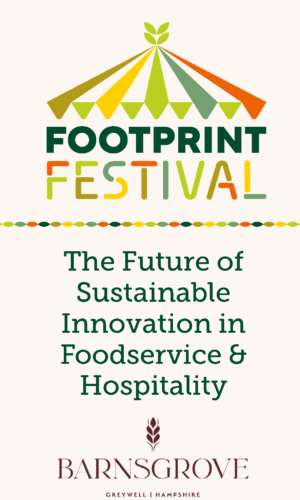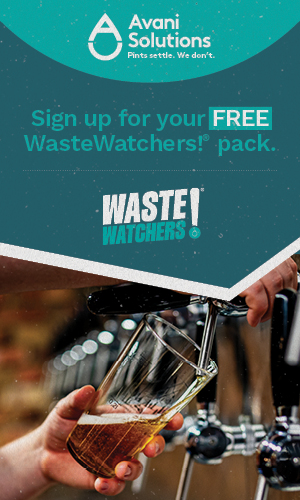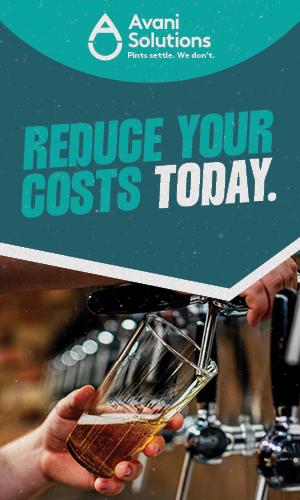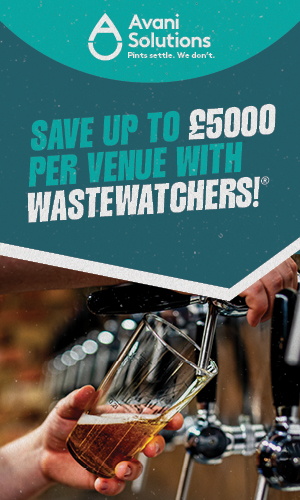Virgin Atlantic and easyJet are stocking British spirit brands that come in aluminium bottles in a bid to reduce their carbon emissions.
The Alumini bottle, created by travel packaging start-up Sustainaholics and available on easyJet, is less than half the weight of glass and pitched as a lightweight alternative to PET plastic. It won the Innovations in Packaging category at last year’s Footprint Drinks Sustainability Awards.
Brands using the bottle – which is made of 100% post-consumer recycled (PCR) aluminium – include Two Drifters, Ellers Farm Distillery, WildJac, Black Cow Vodka and Penrhos Spirits.
Packaging makes up a fraction of an airline’s total greenhouse gas emissions. But recent research by Wrap and the International Air Transport Association showed flyers would feel better if their drinks didn’t come in plastic.
Sapling Spirits has also teamed up with Virgin Atlantic to launch an aluminium miniature, which is also made from 100% recycled material.
The shift to more sustainable miniatures is just the start of what some see as a wider transition that’s happening in drinks packaging.
Diageo has made Baileys available in 70cl aluminium bottles at international airports including Amsterdam Schiphol, Frankfurt and Copenhagen. The new bottles come with “an expected 44% carbon reduction”. The aluminium used is 100% recycled, the company said.
For drinks brands, packaging can account for a considerable chunk of their all-important scope 3 emissions, so many are looking at alternatives to traditional materials like glass and plastic.
Virgin aluminium can come with a carbon footprint of around 5.64kgCO2e/kg, whereas the emissions from PCR aluminium are just 0.3kgCO2e/kg, according to data from Carbon Cloud.
Statistics for recycled PET are harder to find. However, Carlsberg’s latest ESG report shows that a bottle with 80% rPET is a lower carbon option than a can with 60% recycled aluminium. The amount of recycled content is therefore key.
Sustainaholics founder David Mills said this means brands must be transparent about the materials they are using. And customers should ask for the batch production certificate to give them peace of mind.
“Aluminium bottles are a lower impact choice when made from 100% recycled aluminium,” he wrote on social media this week. “This crucial information must be mentioned, shown, and evidenced as growing numbers of spirits brands make the switch.”
Penrhos co-founder Charlie Turner said his “biggest concern is that brands may claim that their bottle is eco-friendly whilst using virgin material”, which “may result in consumer mistrust and the death of this concept”.









